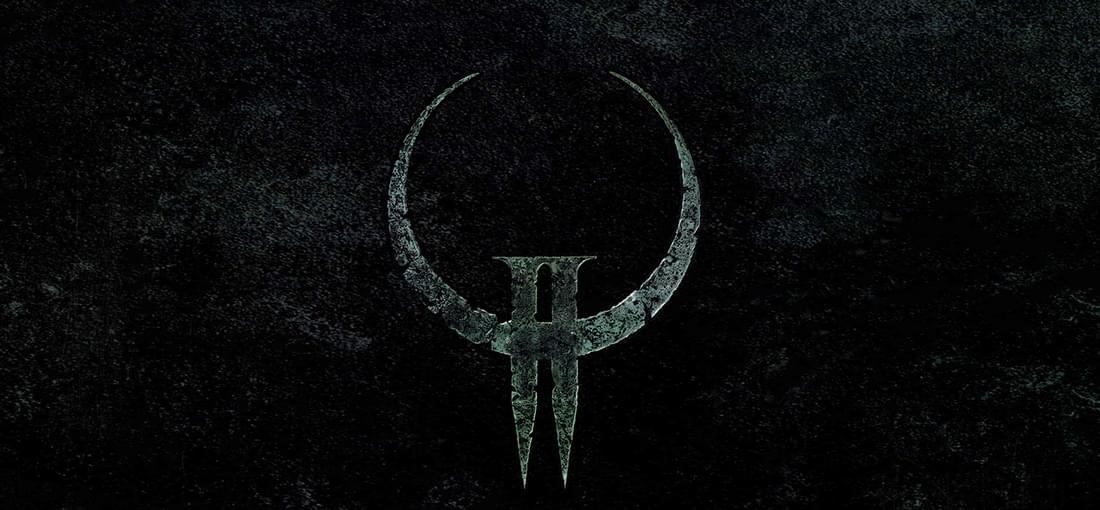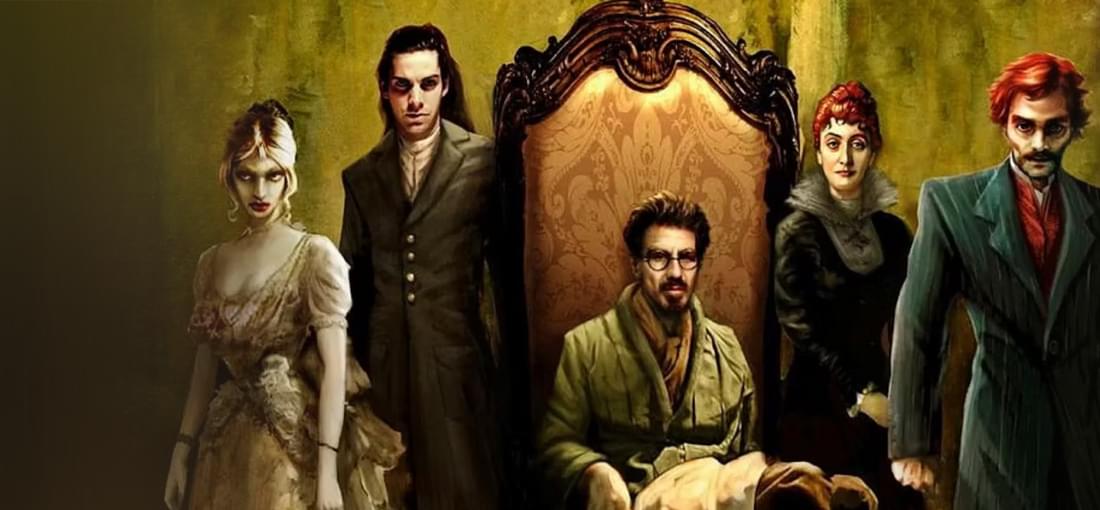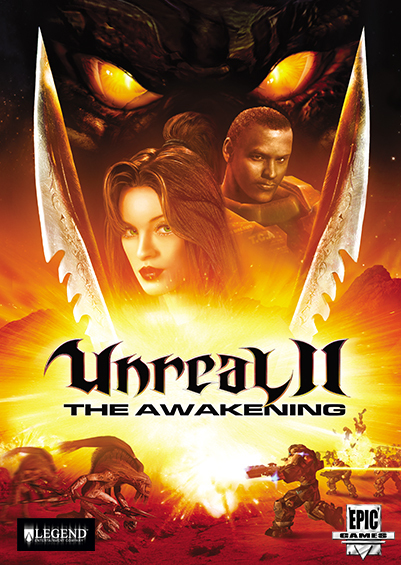


Quake II tends to get a bad rep. This is mostly due to the fact that it's a follow-up to one of the greatest FPS ever released, which is Quake. Quake II lacks the Lovecraftian world, is much slower, and nowhere near as frenetic and challenging. Once one has accepted that Quake II is a very different game, one can begin to like it for what it does well. The enemies are varied, encounters nicely balanced, weapons progression makes a lot of sense, and the levels manage to be semi-open yet you still always know where to go and what to do. The only real issue are the bosses: You pop quad damage and that's it, each of them takes 5-10 seconds to beat. Also, if you don't like brown or gray, the graphics may not be to your liking. Each of the mission packs are roughly half as long as the original. The Reckoning essentially is more of the same, albeit not as inspired. New enemies are just old enemies with new abilities, the levels can get confusing at times, and some of the new weapons are game-breaking good. The last few levels get really tedious, as you're fighting an enemy capable of one-shotting the player over and over again. Ground Zero is usually panned, but for no good reason. The first Unit is clearly the weakest: overly complex and confusing, with lots of backtracking and 'What now?' moments. From there, it gets better and better: Challenging new enemies, decently original weapons, and some imaginative level design. Sure, the turrets are tedious, but two rail hits and they're scrap. Some have said Ground Zero is unnecessarily hard, but even on hard difficulty, it really still isn't. Bosses can still be vaporized within seconds by abusing power-ups. Overall, while not as memorable or genre-defining as its predecessor, Quake II is a straightforward and fun little FPS that aged surprisingly well. I recommend playing this in a source port. I've used Yamagi and had zero issues at any point.

Undying is a difficult game to rate. While it starts on a very strong note, the final levels are bad to where they leave a really bad taste in the mouth. Written by Clive Barker, Undying has one play as Irishman Patrick Galloway, who wants to pay back a life debt by helping out his old friend, Jeremiah Covenant. Jeremiah is the last surviving member of the Covenant family, who are now haunting their mansion as undead creatures. During the first few hours, the players gets to explore said mansion. The first enemies Patrick encounters are Howlers, which pose an actual threat due to their speed and agility. One has to make every of the six shots in Patrick's revolver count, since the first damaging-dealing spell Patrick also gets doesn't do much. At this point, most of the narrative is conveyed through excellently written journals, while unholy appararitions and bone-chilling sounds help create a thick and menacing atmosphere. After getting out of the mansion for the first time, Patrick ventures down the catacombs of Lizbeth, the first boss, and even gets to visit a monastery, both in present time and past. Human enemies make their appearance for the first time, and between the rich atmosphere, detailed and vast environments, and varied level design, the game is at its absolute best. Things get worse though. First, Patrick gets the Scythe, which takes out most enemies in one or two hits. Furthermore, he gets the shield spell, which blocks basically all incoming damage and is dirt cheap to recast. At this point, the game starts to become very dull and increasingly uninspired. The narrative dries out, scares are scarce, and the shield and scythe combination means the player won't ever lose ammo or health. By the end of the game, I was sitting at full ammo and over 150 health packs. After two poorly designed back-to-back boss encounters, the game is over. To sum it up: Get this, but stop playing after disposing of Ambrose (or Keisinger), and thank me later.


When the original Unreal released back in 1998, many disregarded it as a mere 'tech demo'. This couldn't be further from the truth: Though undoubtedly a technical marvel, Unreal provided a sense of adventure on an alien world, complemented by varied gameplay filled with rich encounters against challenging enemies. Unfortunately, Unreal 2 completely fails to recapture what made the original a classic. First of all, it's a very short game. 12 levels, each 20-30 minutes, so around 6 hours of gameplay in total. Each mission happens on a dedicated planet, each time with different enemies and weapons. While this sounds exciting in theory, the rushed nature of things makes it very difficult to get accustomed to each world. Each mission has 2 or 3 enemy types, and that's it. And out of the huge arsenal of weapons, only 2 or 3 are typically useful and useable (sufficient ammo) throughout a mission. In between missions, one gets to visit the Atlantis, the player's ship. There, one gets briefed for the next mission and has the opportunity to talk to other crew members. The problem is, all missions come down to getting in, killing everything in sight, and getting an artifact. You don't need a briefing for that, and they also don't do anything for world building. Frankly, these intermissions are as uninteresting as it gets. The enemies are boring. The Skaarj only make an appearance in 2 missions, and it's completely unclear what part they even play within the narrative. Otherwise, you shoot humanoid mercenaries for the most part, which is hardly exciting, as the enemy AI is basic at best. Did I mention that the level design is utterly boring? The story a big nothingburger? The player incredibly slow (can be fixed by entering 'setspeed 1.5' in the console)? And water is completely static in U2, while Unreal had animated surfaces in 1998. Ultimately, Unreal 2 is just incredibly bland, boring, and forgettable, whereas Unreal continues to be a stunning experience to this day.